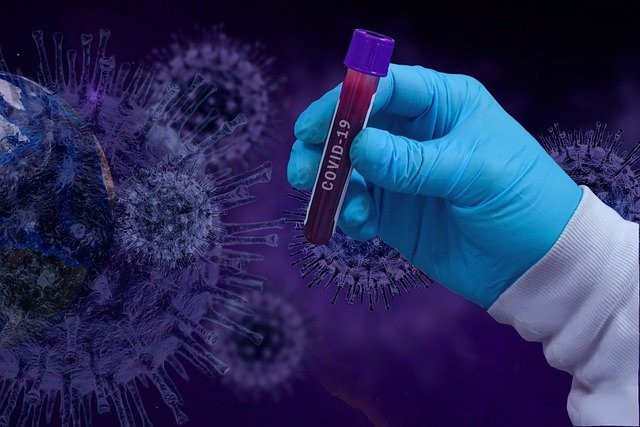
One study alleges that long COVID will be suffered by half or more survivors from data based on a new investigation. Long COVID is when the symptoms are still present even though one has recovered, and no one knows why it happens.
Since December 2019, there have been 236 million people who got these symptoms even if they recovered for some time.
The study done by Penn State College of Medicine researchers indicates that COVID-19 patients will need help from the members of the health care sector.
Symptoms of Long COVID
When sick with COVID-19, patients will be having symptoms related to exhaustion, trouble with breathing, chest pain, sore joints, and a lack of taste or smell are among the symptoms patients can experience, reported SciTech.
Not many studies are conducted on recovered individuals and how recovery is proceeding after infection, investigation of the after-effects of exposure, like the long-term and short effects of the virus. One revelation is that even kids like adults can get ill effects for six months, cited Eureka Alert.
From December 2019 until March 2021, the authors did a comprehensive evaluation of 57 reports that included data from 250,351 unvaccinated adults and children who were confirmed with COVID-19.
The majority of individuals (56%) were male, others in the study had been hospitalized, and in high income, the average age is 54.
Researchers analyzed individuals' health following COVID for one month (short-term), two to five months (intermediate-term), then six months or more (long-term), which is long COVID.
Data indicated that those who survived have health problems connected to the coronavirus. This problem affected aspects of the person's health. Findings show the symptoms were still there from one to six months, noted Science Daily.
Effects suffered by post-COVID-19 patients
Vernon Chinchilli, chair of the Department of Public Health Sciences, said most of the data confirm what health care workers and COVID-19 survivors are saying, and the effect can stay with the individual.
He added that the data from their study examined a larger population of patients, including people from high-, middle-, and low-income countries, and investigated a wide range of symptoms. It shows the available evidence is precise.
Another member, Dr. Paddy Ssentongo at Penn State Center for Neural Engineering, remarking mental health disorders are among these. Recovery from an acute COVID infection is the beginning of the battle. Though in the presence of a breakthrough infection, immunization is our best ally in avoiding COVID-19 infectious disease or lowering the risk of long-COVID.
No one knows why these signs linger and are still unknown, with the disorders caused by an over-activated immune system caused by the virus. In essence, the pathogen uses the cell's defense to attack the healthy parts, and even the SARS-CoV-2 can live in the nervous system.
The damage to the nervous system will cause smelling problems, forgetfulness, and low concentrations in those who get better.
Ssentongo added the study is not using COVID-19 as the only cause of symptoms because there might be other causes to consider.
The study's authors say that early prevention will be better for survivors, and health care providers should give all the resources to them. Providing extra support for long COVID is essential.
Related Article: Researchers Say the Unvaccinated Can Get Reinfection From COVID-19, Disregard Natural Immunity in Favor of Immunization
© 2026 HNGN, All rights reserved. Do not reproduce without permission.








